How To Prevent & Treat Chilblains This Winter
Chilblains - Treatment & Prevention
Chilblains can be uncomfortable and bothersome, but getting rid of them quickly depends on their severity and individual factors. It's essential to remember that there's no miracle cure, and the healing process may take time. Here are some steps you can take to help alleviate chilblains:
Keep warm: Avoid exposing the affected areas to cold temperatures. Keep your body warm, especially your hands and feet, by wearing appropriate clothing and using warm socks and gloves. We love Carnation Silver socks as they contain 99% silver fiber which not only prevents the growth of microbes the silver helps with thermoregulation keeper your feet warmer in winter and cooler in summer
Gradually warm up: If you've been exposed to cold temperatures and come indoors, don't immediately apply direct heat (such as a heater or hot water) to the affected areas. Gradually warm up your body to prevent sudden changes in temperature, which can worsen chilblains.
Keep the affected areas elevated: Elevating the affected areas can help reduce swelling and improve blood circulation.
Avoid scratching: Chilblains can be itchy, but scratching can further irritate the skin and slow down the healing process. Try to resist scratching the affected areas.
Moisturise: Applying a gentle moisturizer to the affected areas can help alleviate dryness and reduce itching. Look for moisturizers with soothing ingredients like aloe vera or chamomile.
SeeOur Entire Foot Cream Collection by clicking the preview below:
Topical creams: Such as our Akileine Alkiwinter cream provide relief from the symptoms of chilblains as well as help preventing the occurrence of chilblains during the winter months.
Massage: Gently massaging the affected areas with your fingertips can improve blood circulation and alleviate discomfort.
Stay active: Regular physical activity can help improve blood circulation, which may aid in the healing process. However, avoid intense exercises that put excessive strain on the affected areas.
Avoid tight footwear: Tight shoes or socks can restrict blood flow and exacerbate chilblains. Wear comfortable, well-fitting shoes and socks.
Consult a podiatrist: If your chilblains are severe, not improving, or causing significant pain, it's crucial to seek medical advice. A healthcare professional can provide appropriate treatment and address any underlying issues.
Remember that prevention is key to avoiding chilblains in the future. Take precautions to keep your body warm, especially extremities like hands and feet, during cold weather, and avoid sudden changes in temperature. If you're prone to chilblains, talk to a healthcare professional for personalized advice and preventive measures.
When to Seek Professional Attention?
If you develop chilblains, it is important to take proper care of the affected area. Avoid scratching the itchy patches, as it can lead to infection. If the symptoms persist or worsen, it is recommended to seek medical attention. A healthcare professional can provide appropriate treatment and advice.
By following these preventive measures, you can significantly reduce the risk of developing chilblains and enjoy the winter season comfortably.
Chilblain FAQ's
1. What are chilblains?
Chilblains are small, itchy, and sometimes painful red or purple patches on the skin, often caused by exposure to cold, damp conditions. They commonly affect the fingers, toes, ears, and nose.
2. What causes chilblains?
They occur when skin exposed to cold is then re-warmed too quickly. The rapid temperature change affects small blood vessels, causing inflammation and redness.
3. Who is most at risk?
People with poor circulation, autoimmune conditions, low body weight, or who live in cold, damp climates are more susceptible to chilblains.
4. What are the symptoms of chilblains?
Symptoms include itching, redness, swelling, pain, and sometimes blistering or skin ulceration. They typically appear within hours of exposure to cold and can last several days to weeks.
5. How are chilblains treated?
Treatment includes:
Gradual warming of the affected area.
Moisturizing creams to soothe itching and reduce inflammation.
Topical steroid creams for severe cases.
Medications (like nifedipine) to improve blood flow in recurring cases.
6. How can I prevent chilblains?
Keep skin warm and dry.
Wear warm clothing, especially gloves and thick socks.
Avoid rapid temperature changes and keep hands and feet covered.
Avoid scratching or rubbing affected areas, as this can worsen inflammation.
7. Are chilblains serious?
Usually, chilblains are mild and heal with time, but chronic or recurring cases may require medical attention to prevent complications, like infections or skin ulcers.
8. Can chilblains be confused with other conditions?
Yes, similar conditions include frostbite, Raynaud’s phenomenon, and lupus pernio. It’s best to see a podiatrist or health care professional for an accurate diagnosis if symptoms are severe or persistent.
9. Can chilblains lead to permanent damage?
Usually, they don’t cause permanent damage but can sometimes lead to scarring or persistent skin issues if left untreated, especially if they recur frequently.
For More great Foot Care Products Explore our whole range at The Foot Care Shop By Clicking On The Link Below
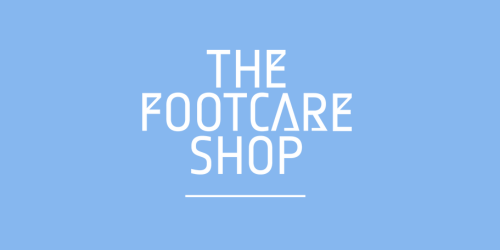
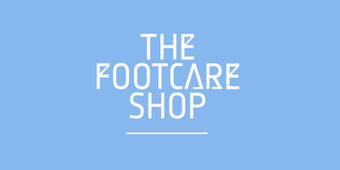
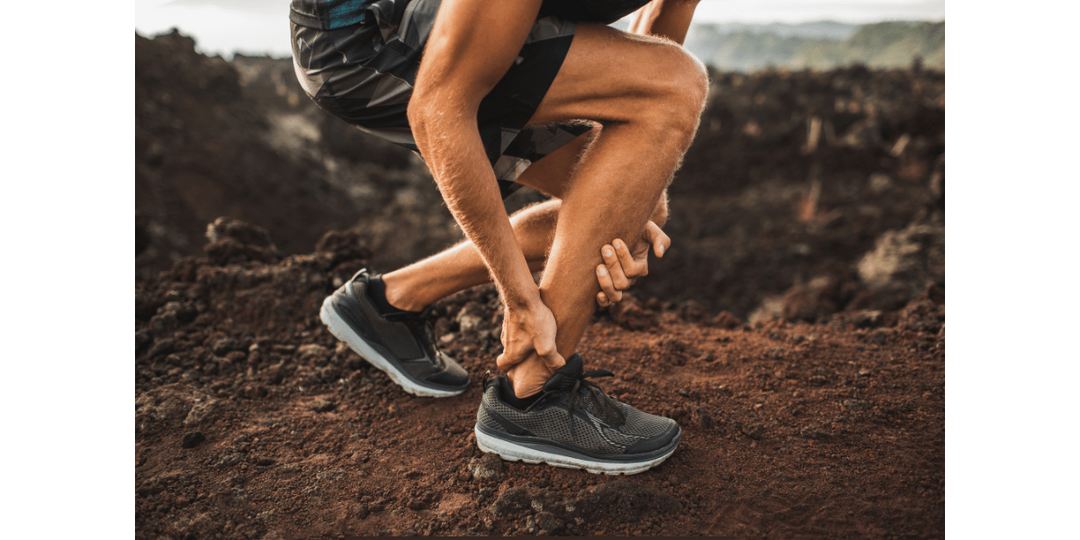
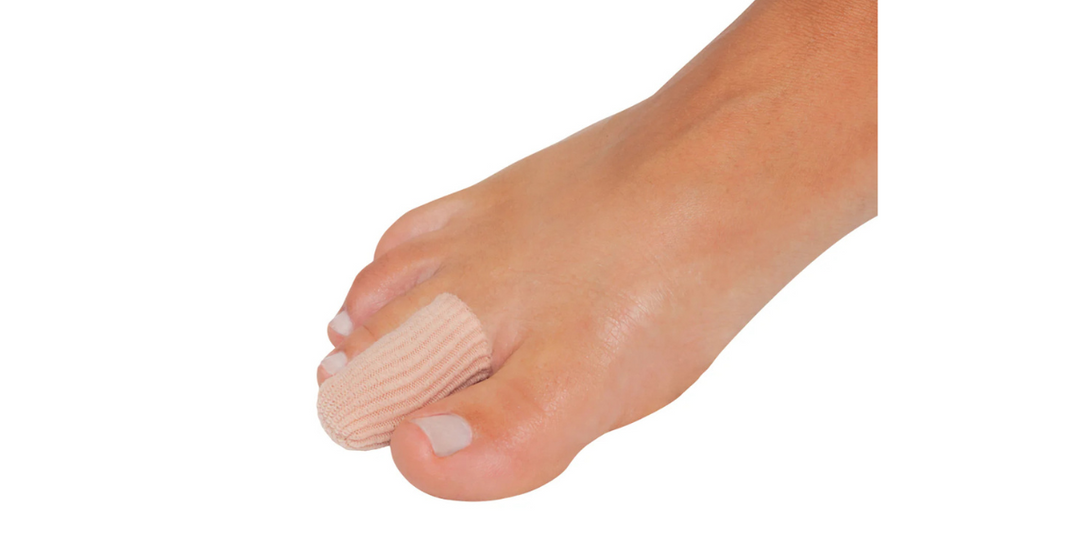
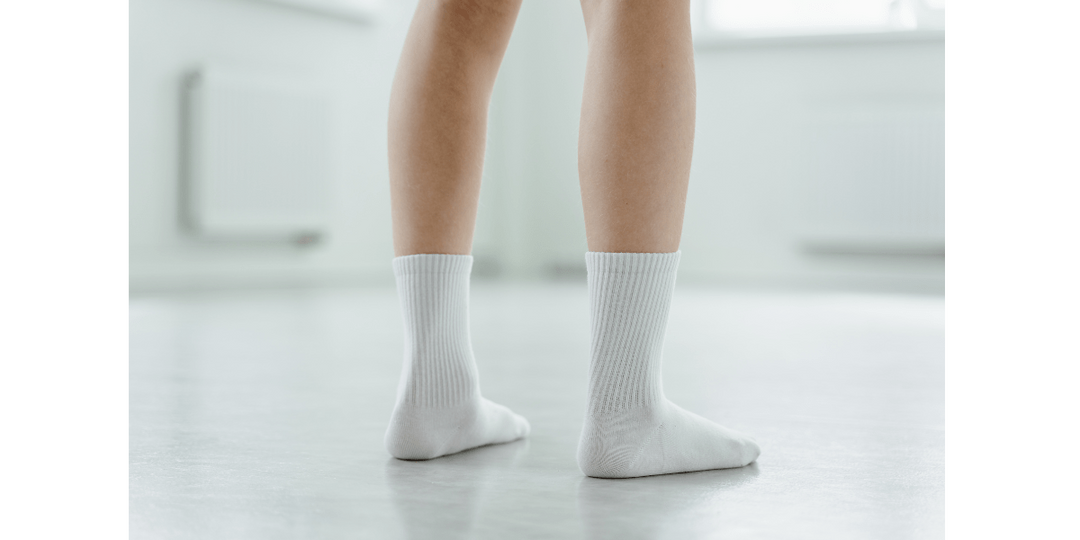
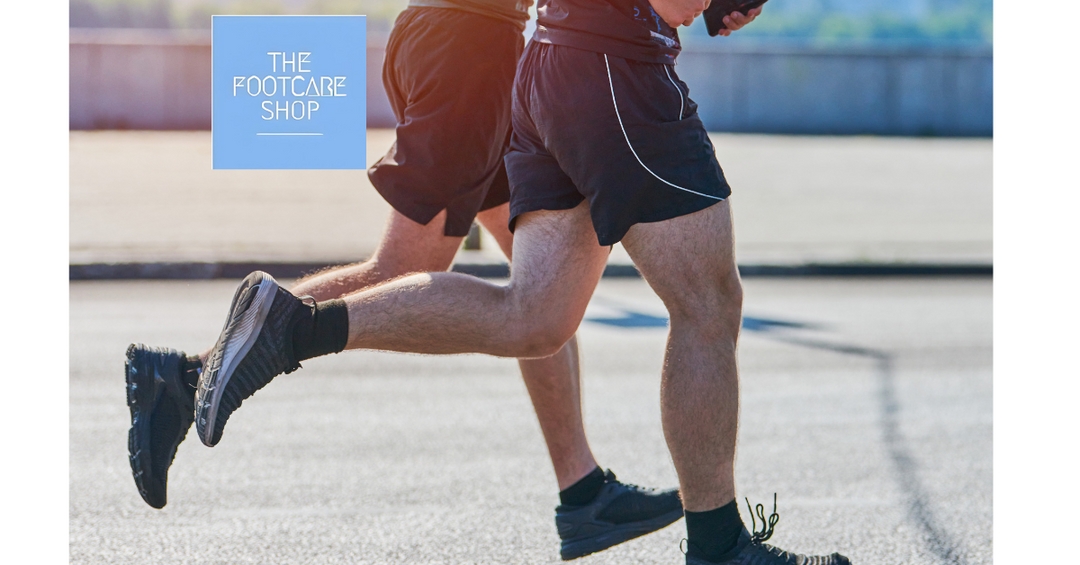
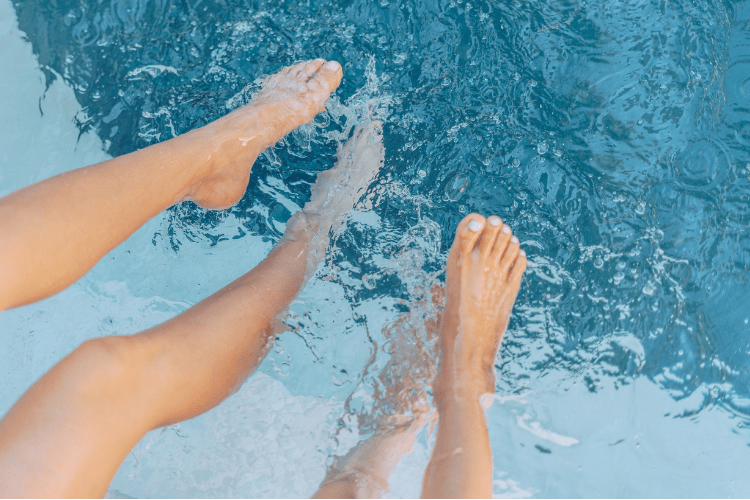
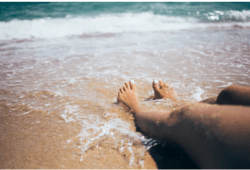
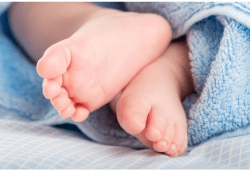
Leave a comment